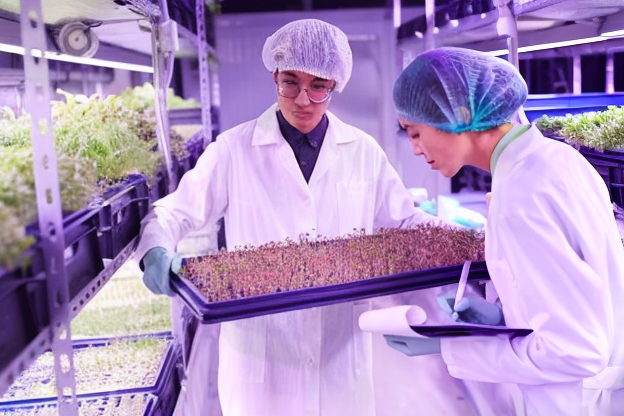Revolutionizing the Food Packaging Industry with Advanced Sheet Metal Fabrication+ View more
Innovative Techniques Meeting Stringent Sanitary Standards
The flexibility and precision of sheet metal fabrication allow for the design and production of equipment and containers that are not only efficient but also comply with strict sanitary requirements. By employing materials that meet food-grade standards and designing structures that are easy to clean and disinfect, the industry ensures the hygiene and safety of food. This adherence to sanitary norms is crucial in maintaining consumer trust and upholding the quality of the food products. Moreover, the use of sophisticated manufacturing equipment and scientific process flows enhances the ability to thoroughly sterilize, contributing significantly to the hygienic standards demanded by the food industry.
Quality Control at the Forefront of Food Safety
The application of sheet metal work in the food sector necessitates stringent quality control measures. From the selection of the right materials to rigorous quality inspections and testing during the manufacturing process, every step is crucial to ensure the safety, durability, and reliability of the equipment and containers produced. Advanced production equipment and processes are not just a means to an end but are central to the overarching commitment to quality control. These sophisticated methods help in achieving the standards set for food safety and regulations, ensuring that the end products are fit for consumption and long-term use.
Future Directions: Sustainable and Smart Packaging Solutions
Looking ahead, the food packaging industry is leaning towards more sustainable and smart packaging solutions. Sheet metal fabrication is evolving to incorporate recyclable materials and eco-friendly designs that promise to reduce the environmental impact of food packaging. Additionally, the integration of intelligent features such as sensors for tracking food quality and freshness is poised to revolutionize how we store and consume food products. This blend of sustainability and technology is not just a trend but a necessary evolution to meet the future demands of consumers and the environment alike.

